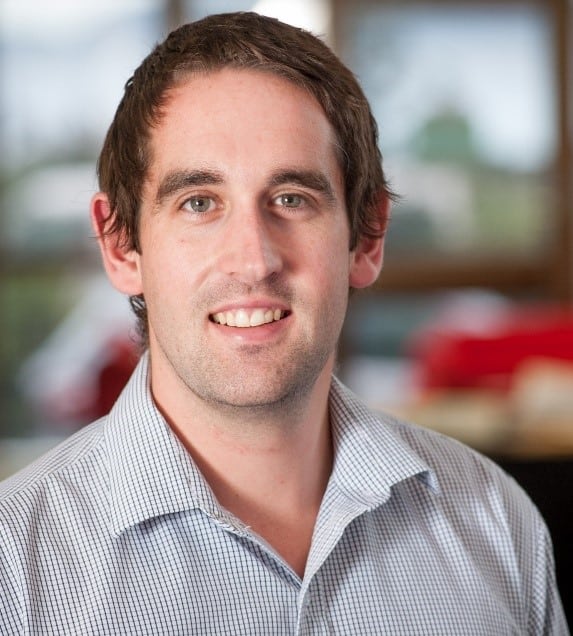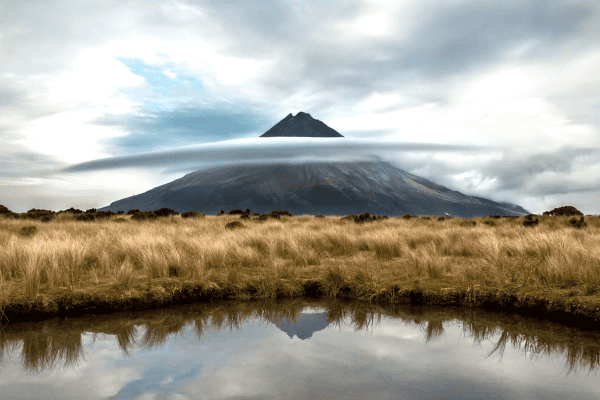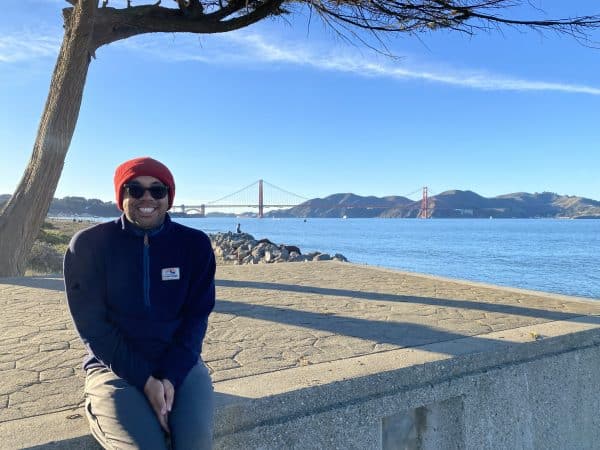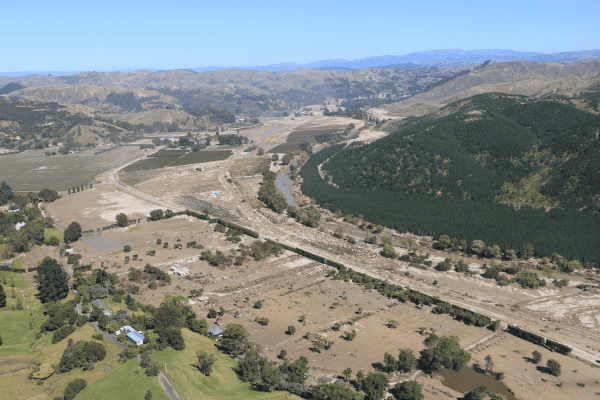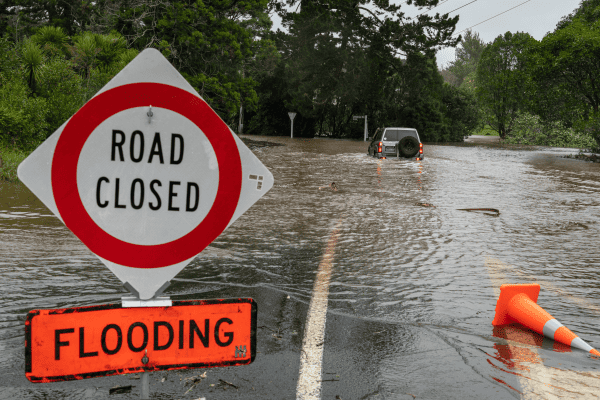Behind the scenes: Chris Bowie and Ellie Kay on resilience measurement in New Zealand
11/12/2018
This profile features two up-and-coming young researchers who have been working in the Trajectories Toolbox.
A bit about Chris and Ellie
Chris Bowie is a geographer with a keen interest in the role of our urban environments in creating vibrant and engaging communities. At WSP Opus his research and advisory work is focused on exploring the levers we have for unlocking the potential of our cities to meet the needs and aspirations of our people and communities. Since moving north to Wellington from Christchurch Chris has taken up freediving and spearfishing around the local coastline, though he still tries to get back down south to ski when the opportunity arises.
Having spent the last 14 years in Christchurch, Ellie Kay has a background in Social Psychology, Anthropology, and Community Engagement, completing her study at the University of Canterbury. Ellie is a researcher with Resilient Organisations Ltd. and in her spare time enjoys roaming around the Canterbury hills on her bike and relaxing at the beach on a nice Christchurch day.
An overview of their contributions to the Trajectories Toolbox
Chris has been involved with the Trajectories Toolbox since its inception in 2015. He’s focusing on assisting with the development of the New Zealand Resilience Index (NZRI) to benchmark and monitor community trajectories of resilience to Natural Hazards. The NZRI is a multi-capital index integrating indicators of resilience across multiple domains: built environment, social, economic, cultural, institutional and governance, and environmental. He has enjoyed engaging with resilience researchers and practitioners during this project, all of whom have a slightly different take on what can/should be considered when measuring the resilience of an area. In Chris’s words, “It has been a challenge trying to combine all of this input into a manageable index with a limited number of individual indicators, but it has also shown us the importance of ensuring that the NZRI can adapt over time as new priorities and better sources of data emerge.”

Ellie started with Resilient Organisations in February 2018 and jumped straight into the Trajectories Toolbox; working on the development of the New Zealand Resilience Index and how to enhance the measurement of community resilience by using locally available data. Ellie’s currently working in collaboration with the Wellington Regional Emergency Management Office (WREMO) to integrate indicators of resilience into their Group Plan. By supplementing the national indicators of resilience with locally available datasets, Ellie’s work will provide a rich view of place based resilience.
Next steps
“At its heart I think the NZRI is a prompt for discussion and not just a metric assigned to individual areas. The NZRI is intended to be used by decision makers and leaders to better understand the resilience of their community, and identify opportunities for investment, growth and training, among other things,” Chris notes. This work will continue to be refined and developed by the team and their many co-creation partners going forward. This includes Ellie Kay’s work, which going forward will include developing a framework to help other communities across the country to measure their own resilience. This will allow for stakeholders to identify their resilience strengths and weaknesses and define priority areas for intervention, as well as assessing their progress towards improved resilience.
